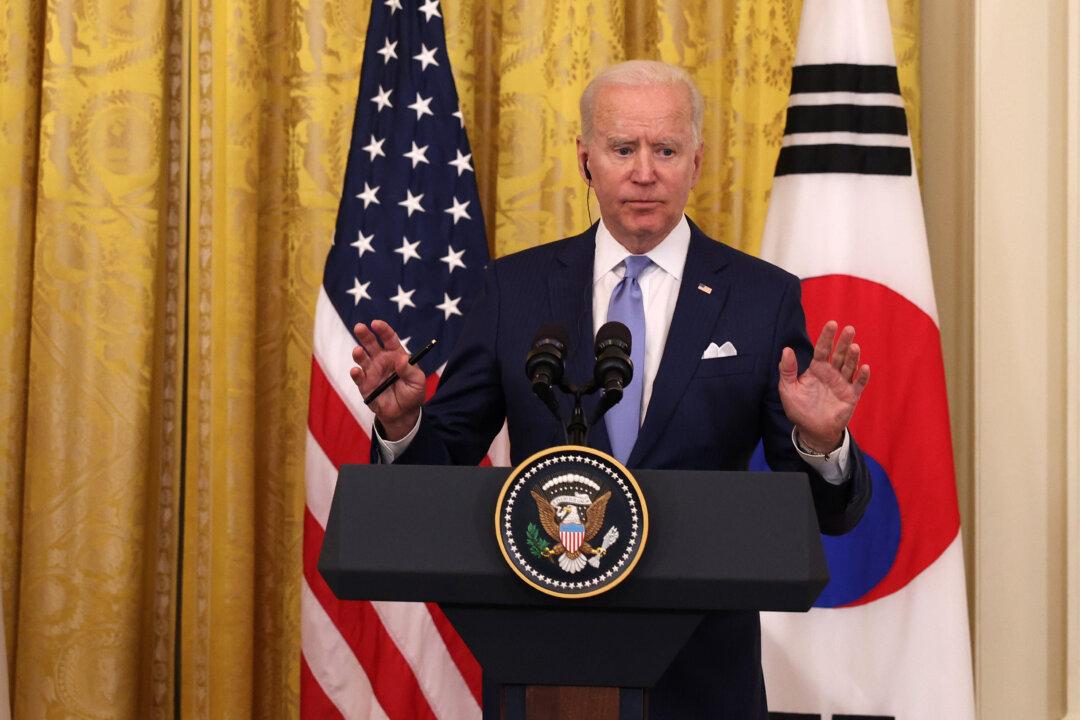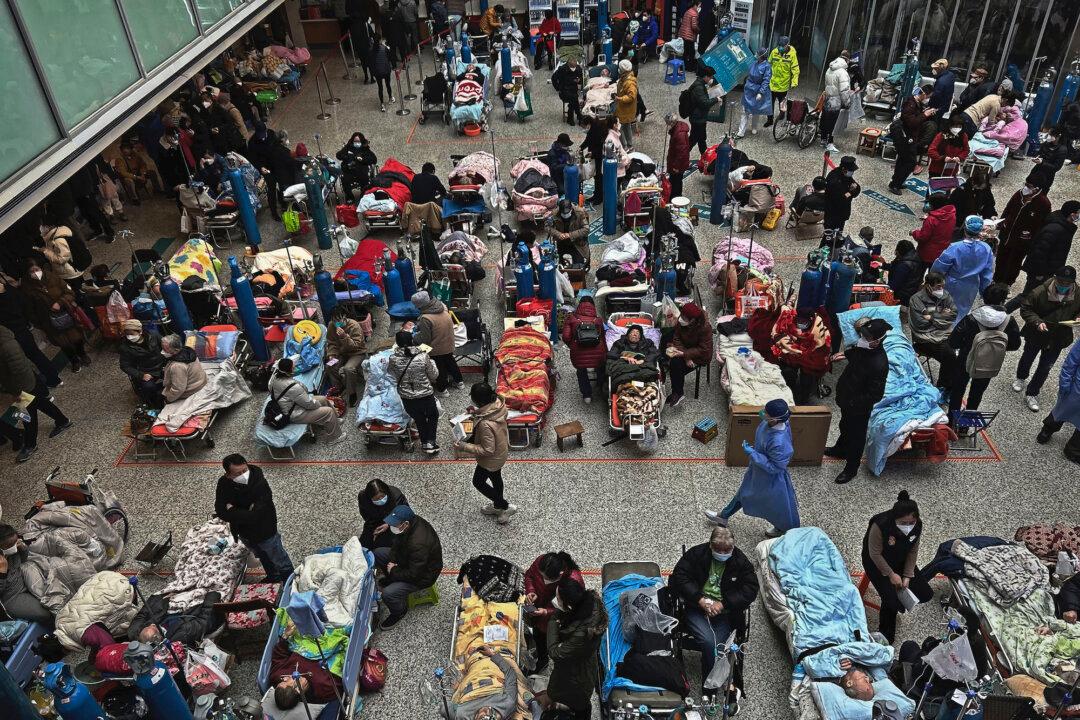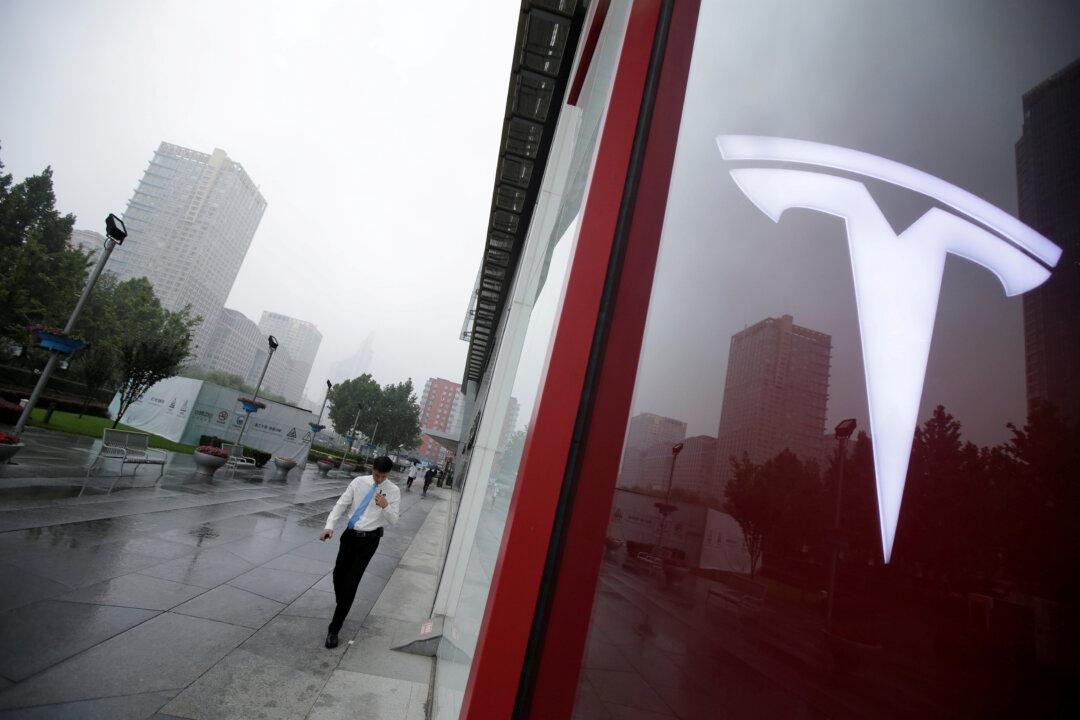On May 21, 2021, U.S. President Joe Biden met with South Korean President Moon Jae-in at the White House. On the same day, Biden and Moon issued a joint statement, stating that the United States and South Korea will strengthen cooperation in areas of advanced technology, vaccines, climate issues, economics, and many others. Among these, advanced technology cooperation is given priority.
The United States and South Korea affirmed that they will build a strong and resilient supply chain and deepen cooperation in space and cyber domains, ensuring a trustworthy and value-oriented digital and technological ecosystem. The two sides committed to increasing mutual investments, including semiconductors and chips, as well as research and development cooperation in the fields of Artificial Intelligence (AI), next-generation communications networks (6G), quantum technology, biotechnology, and many others.




